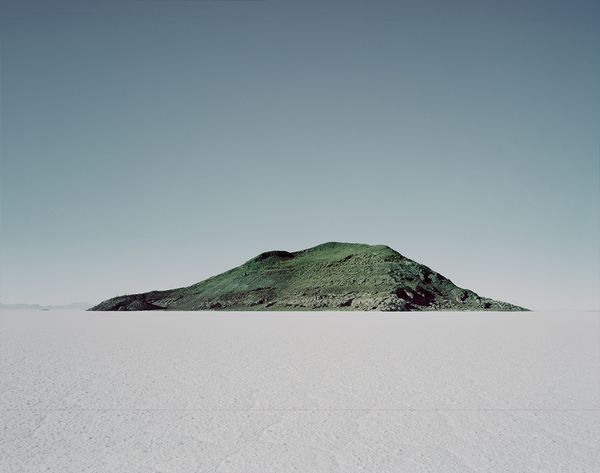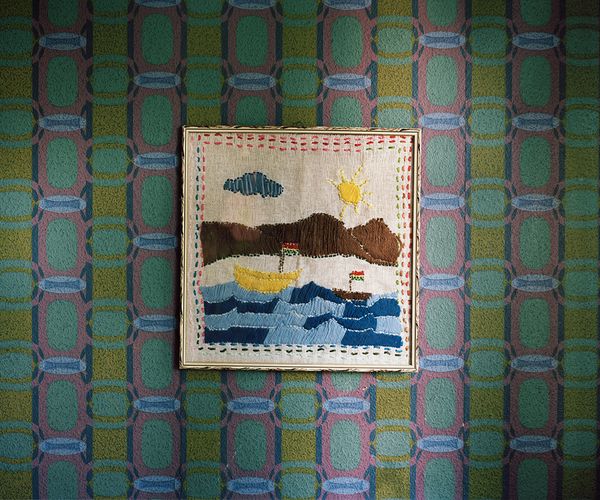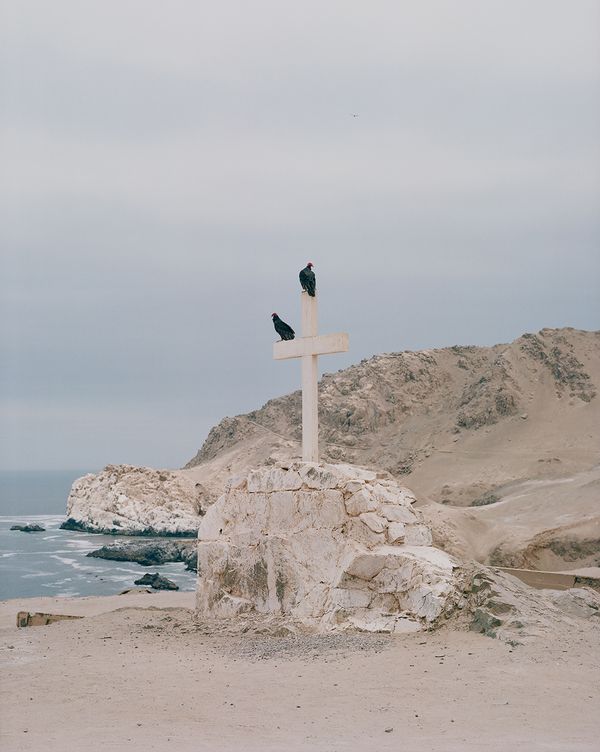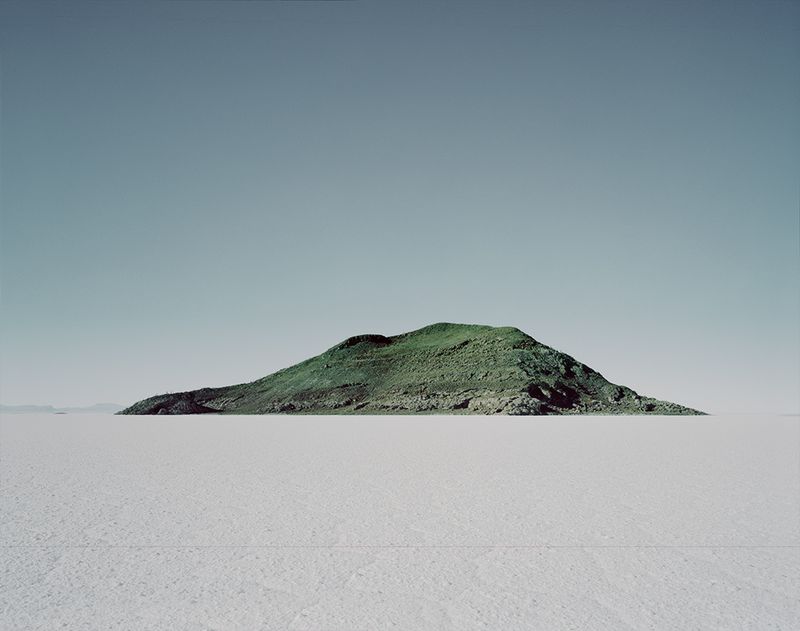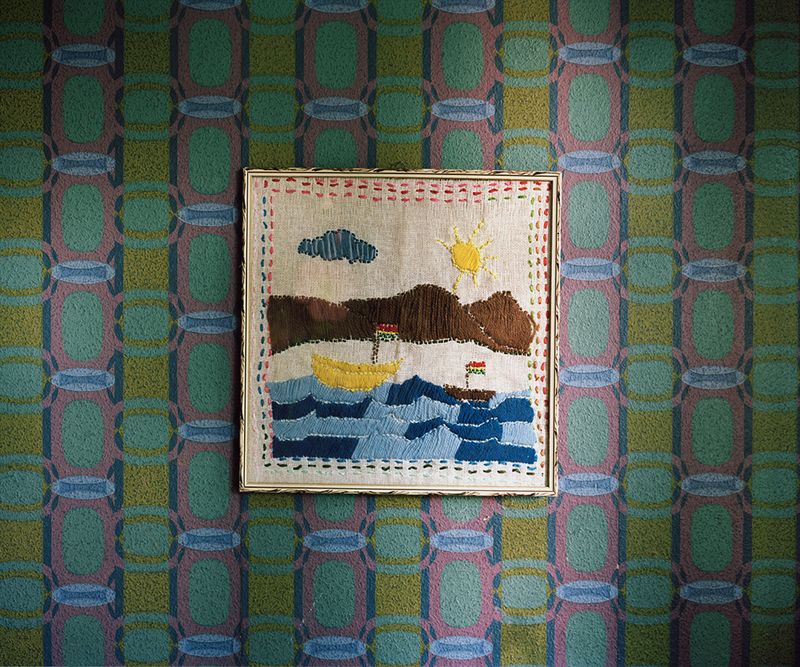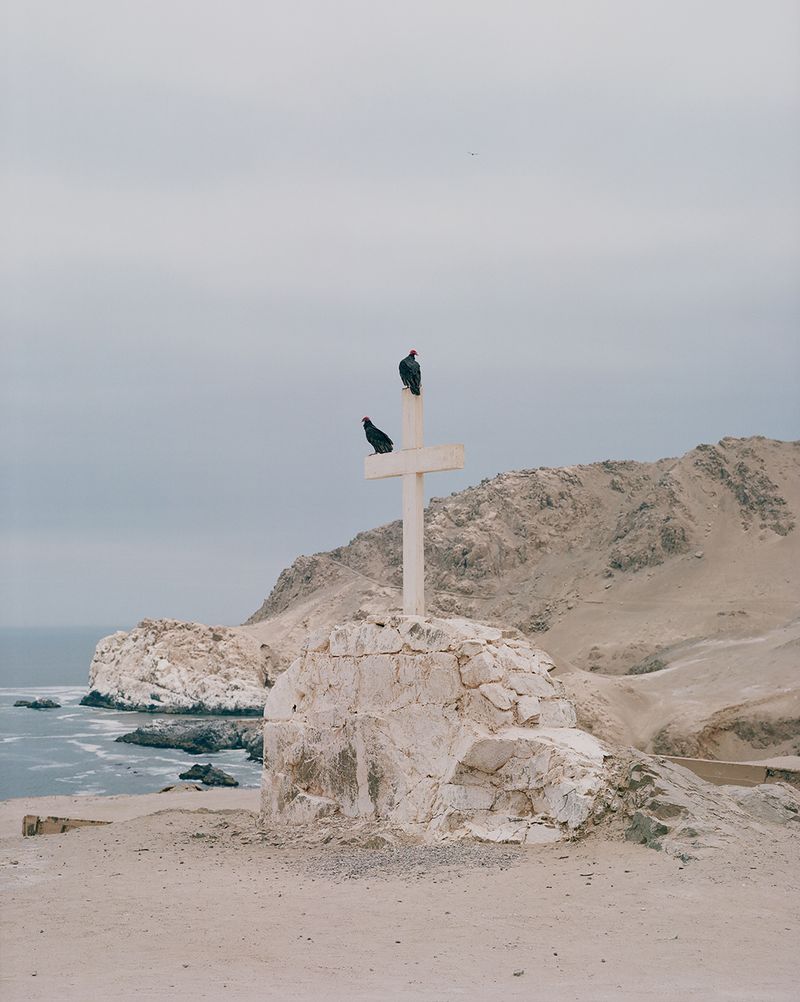A Landlocked Nation’s Obsession with the Sea
-
Published16 May 2018
-
Author
In his ongoing project, The Bitter Sea, photographer Nick Ballón draws on his heritage to investigate the proud and nostalgic relationship landlocked Bolivia has with the sea.
In his ongoing project, The Bitter Sea, photographer Nick Ballón draws on his heritage to investigate the proud and nostalgic relationship landlocked Bolivia has with the sea.
Influenced by his dual Anglo-Bolivian heritage, Nick Ballón has, since 2009, been exploring Bolivia's efforts to regain access to the sea. This is the latest in a line of subjects Ballón has investigated based upon his ancestry – he has photographed the modern complexities of life in El Alto, the spectacle of Cholita wrestling in La Paz, the Quechuan indigenous community of El Choro, and the plight of Bolivia’s struggling airline, Lloyd Aéreo Boliviano (LAB). Ballón has always held an interest in the country’s naval forces, a theme that he initially examined in A Navy Without a Sea, a series that captures the training of sailors at the San Pedro de Tiquina navy base.
Bolivia’s loss of the sea to Chile’s powerful army, backed by Britain, occurred during the late 19th Century. Today, the country continues to commemorate the dates and events that led Bolivia’s demise, all representing the nation’s pride, as well as persistence, in gaining access back to the sea through their neighbouring country, Chile. The Bitter Sea is a project that looks to document the different sides of this long and ongoing dispute between the two states.
Ballón plans to make a book about the project, which he is still shooting and hopes to begin editing by this summer. "It’s a slight curse because I don’t know when to stop shooting," he says. "The Bitter Sea is a project which I see today as an umbrella in my work, since a lot of different projects have occurred as a result of research I have conducted for this story."
Not having a shoreline has never stopped Bolivia believing in the possibility of gaining access back to the sea and training its sailors. Indeed, their case to reclaim the coastline is now under discussion at the International Court of Justice, in the hope that an agreement with the Chilean government can be found. Ironically, Ballón’s home country, Britain, is an island rich in seaside heritage, sights and attractions and this is where he admits his connection to water comes from.
It was, however, a deliberate decision by Ballón to feature several photographs in the story that don’t actually show water, but rather representations of it, whether in arts and crafts, in schools, or even in the surprising Miss Litoral (Miss Coast) beauty contest. The majority of the photographs depict dry landscapes, as well as portraits of the sailors.
"I have consciously stepped away from obvious connotations of water, so far. However, I am still looking for other ways to represent and explore water without actually showing the Ocean," Ballón comments.
---------------
Nick Ballón is an English photographer living and working in London. His rich Bolivian heritage plays a key role in his subject matter an identity as a photographer. Follow him on PHmuseum, Twitter and Instagram.
Verónica Sanchis Bencomo is a Venezuelan photographer and curator based in Hong Kong. In 2014, she founded Foto Féminas, a platform that promotes the works of female Latin American and Caribbean photographers. Follow her on Twitter and Instagram.
